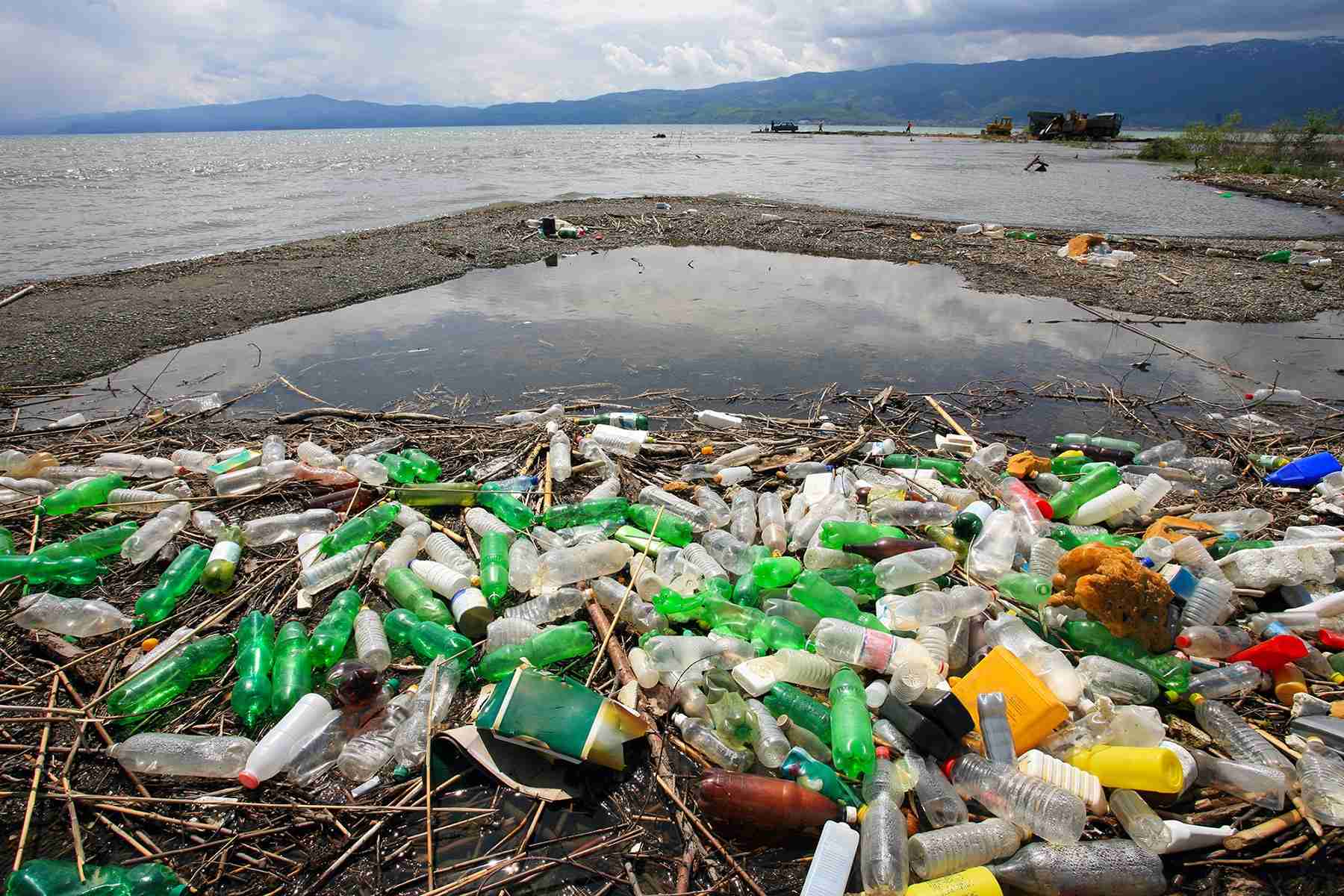Scientists reveal that plastic pollution in the oceans is an equity issue

Collected Image
Washington [US], January 15 (ANI): Many people are aware of plastic pollution in the oceans. Photos of turtles or seabirds entangled in plastic garbage first went viral in the 1990s, and the Great Pacific Garbage Patch is now the focus of highly publicized cleanup efforts.
Less recognized is how marine plastic waste affects human populations and the unequal burden on different communities. A report, “Towards an Equitable Approach to Marine Plastics Pollution,” outlines the current situation and attempts to address the problem.
Increasingly, the greenhouse gases causing climate change are seen as an issue in which some countries produce most of the pollution while other countries or groups are more at risk from the long-term consequences. Plastic pollution, this report argues, is a similar issue for coastal communities.
The report, published in late November, includes 31 authors from nine countries. It incorporates case studies and analyses from around the world as well as larger, overarching recommendations for change.
The authors conclude that coastal communities most affected by marine plastic pollution should be better represented in drafting potential solutions. A free, virtual event in March will bring together stakeholders from around the world to draw up a road map for an equity-focused path to address marine plastics.
The Ocean Nexus Center was founded in 2019 as a 10-year initiative based in UW EarthLab that includes more than 20 member universities and organizations around the world. Its mission is to bring together equity and justice in the oceans on a global scale. (ANI) This report is auto-generated from ANI news service. ThePrint holds no responsibility for its content.
Less recognized is how marine plastic waste affects human populations and the unequal burden on different communities. A report, “Towards an Equitable Approach to Marine Plastics Pollution,” outlines the current situation and attempts to address the problem.
Read More : Plastic products firm acquired at 9.3x profits
“We all benefit from plastics, but some people are paying more of the external costs in terms of the environmental damage, well-being issues and just horrendous scenes that they must live within places they call home,” said project leader Yoshitaka Ota, a University of Washington professor of practice in marine and environmental affairs and director of The Nippon Foundation Ocean Nexus Center.Increasingly, the greenhouse gases causing climate change are seen as an issue in which some countries produce most of the pollution while other countries or groups are more at risk from the long-term consequences. Plastic pollution, this report argues, is a similar issue for coastal communities.
The report, published in late November, includes 31 authors from nine countries. It incorporates case studies and analyses from around the world as well as larger, overarching recommendations for change.
The authors conclude that coastal communities most affected by marine plastic pollution should be better represented in drafting potential solutions. A free, virtual event in March will bring together stakeholders from around the world to draw up a road map for an equity-focused path to address marine plastics.
The Ocean Nexus Center was founded in 2019 as a 10-year initiative based in UW EarthLab that includes more than 20 member universities and organizations around the world. Its mission is to bring together equity and justice in the oceans on a global scale. (ANI) This report is auto-generated from ANI news service. ThePrint holds no responsibility for its content.
Source: https://theprint.in
Tags :
Previous Story
- PVC plastics now recyclable after breakthrough by Michigan...
- Scientists find secret to how glass frogs turn...
- Fossil shows lizards millions of years older than...
- Frog bones found in Cambridgeshire Iron Age ditch...
- Universities warn of EU-UK research scheme 'close to...
- Why scientists are also watching animal YouTube videos
- Extinction: Why scientists are freezing threatened species in...
- Many protected areas do not benefit wildlife, study...